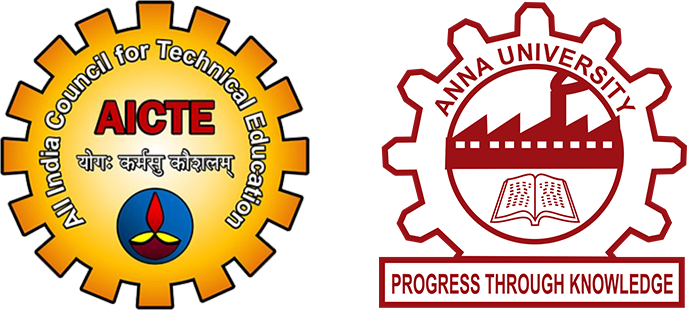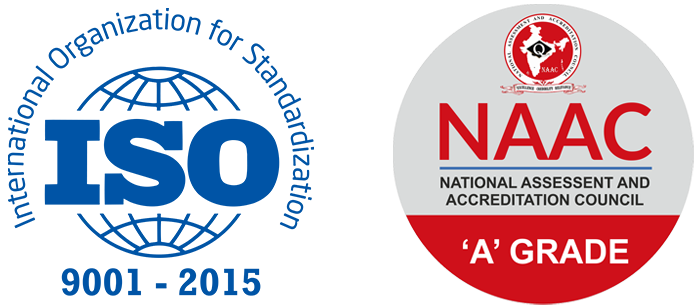P.S.V College of Engineering and Technology
M.E – COMPUTER SCIENCE AND ENGINEERING
The Master of Engineering (M.E.) in Computer Science and Engineering is a postgraduate program designed to equip students with advanced knowledge and research-oriented skills in the ever-evolving field of computing. The curriculum integrates core computing principles, cutting-edge technologies, and specialized areas such as artificial intelligence, data science, cybersecurity, and cloud computing. With a blend of theoretical understanding and practical exposure, students gain expertise in developing innovative solutions for complex engineering problems. The program fosters technical excellence and prepares graduates for careers in academia, research, and the tech industry.
Our M.E. program is meticulously designed to bridge the gap between academic knowledge and industry demands. Through a robust curriculum and industry collaborations, students engage in advanced research, software development, and system architecture design. They also gain exposure to interdisciplinary applications of computer science, enabling them to contribute effectively to various domains like healthcare, finance, and automation. The program places a strong emphasis on innovation and entrepreneurship, encouraging students to develop solutions that address real-world challenges.

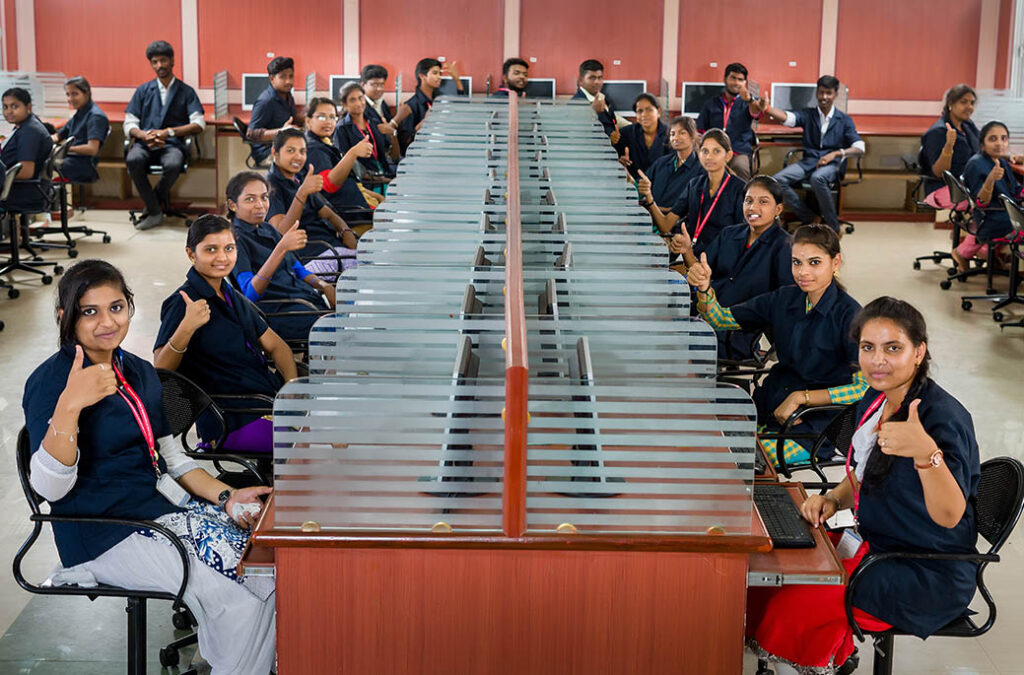

Vision
To be a globally recognized center of excellence in Computer Science and Engineering, fostering innovation, research, and industry collaborations to drive technological advancements for societal benefit.

Mission
To provide high-quality education and research opportunities in emerging areas of Computer Science and Engineering.
To nurture creativity, critical thinking, and problem-solving skills among students.
To promote industry-academia partnerships for knowledge exchange and hands-on learning.
To encourage ethical and sustainable technological innovations for societal development.
Innovations by the Faculty in Teaching and Learning
- Our faculty members continuously innovate in teaching methodologies to enhance student engagement and learning outcomes. Blended learning approaches, including flipped classrooms, live coding sessions, and industry-driven case studies, provide a dynamic and interactive learning experience. Faculty-led research projects and hackathons further encourage students to develop creative solutions to real-world problems.
Course Delivery Methods:
Seminars
Mini Projects
Technical Reports
Case Studies
PPTs
Experimental training
Lab Experimental work
Class Assignments
Quizzes
Real life examples
Individual Learning
- The program supports self-paced learning through online modules, research assignments, and personalized mentorship. Students are encouraged to pursue certifications in emerging technologies, work on independent research papers, and engage in open-source projects. A strong emphasis on critical thinking and analytical skills helps students become self-driven professionals.
Experiential learning
- To bridge the gap between theory and practice, the curriculum integrates hands-on experiences through industry internships, live projects, and workshops. Students collaborate with industry experts and research institutions, gaining practical exposure to real-world computing challenges. Entrepreneurship cells and innovation hubs further support students in transforming their ideas into viable technological solutions.
Lab Facilities
- The department boasts well-equipped laboratories for AI & Machine Learning, Cybersecurity, Cloud Computing, and High-Performance Computing. These labs provide students with the necessary infrastructure to conduct advanced research, implement complex algorithms, and develop industry-grade applications.
Library Facilities
A well-stocked digital and physical library supports students and faculty with access to a vast collection of books, journals, research papers, and e-resources. The library provides specialized resources in data science, artificial intelligence, and cybersecurity, ensuring that students stay updated with the latest advancements in the field.
This comprehensive M.E. program is designed to empower students with the skills, knowledge, and experience needed to lead in the ever-changing world of computer science and engineering.
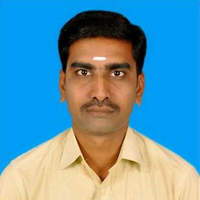
Mr.C. Prakash Narayanan
Professor and Head
- hodcse@psvcet.ac.in
- Specialization: Computer Network, Data Structures, Mobile Communications
- View Profile

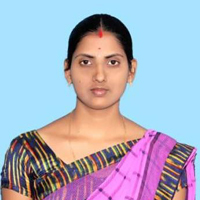
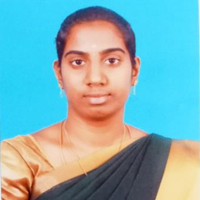

C. Prakash Narayanan
Date of Joining: 10.02.2022
Experience : 14.5 Years
Publications: 22
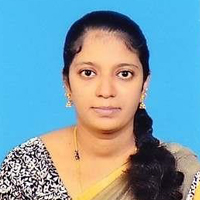
B. Neelu
Date of Joining: 10.02.2022
Experience : 14.5 Years
Publications: 22
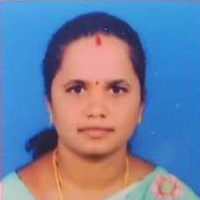
A.Nishanthi
Date of Joining: 10.02.2022
Experience : 14.5 Years
Publications: 22

Mrs. K.Nandini
Date of Joining: 10.02.2022
Experience : 14.5 Years
Publications: 22

Mrs. D. Gandhimathi
Date of Joining: 10.02.2022
Experience : 14.5 Years
Publications: 22

Mrs. R.Monisha
Date of Joining: 10.02.2022
Experience : 14.5 Years
Publications: 22
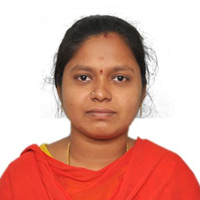
Mrs.L.Vishnupriya
Date of Joining: 10.02.2022
Experience : 14.5 Years
Publications: 22

Mr.C.Suresh
Date of Joining: 10.02.2022
Experience : 14.5 Years
Publications: 22
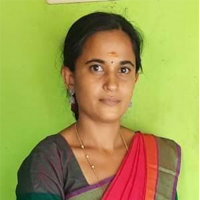
Prof. T. Jansi Rani
Date of Joining: 10.02.2022
Experience : 14.5 Years
Publications: 22

Ashok Kumar A R
Date of Joining: 10.02.2022
Experience : 14.5 Years
Publications: 22

Mr.M.Annadurai
Date of Joining: 10.02.2022
Experience : 14.5 Years
Publications: 22
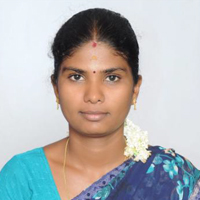
Mrs.N.Vijayalakshmi
Date of Joining: 10.02.2022
Experience : 14.5 Years
Publications: 22
